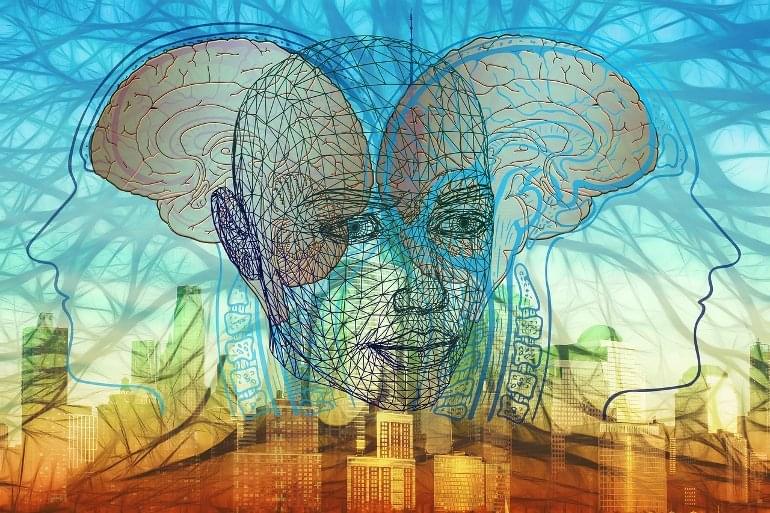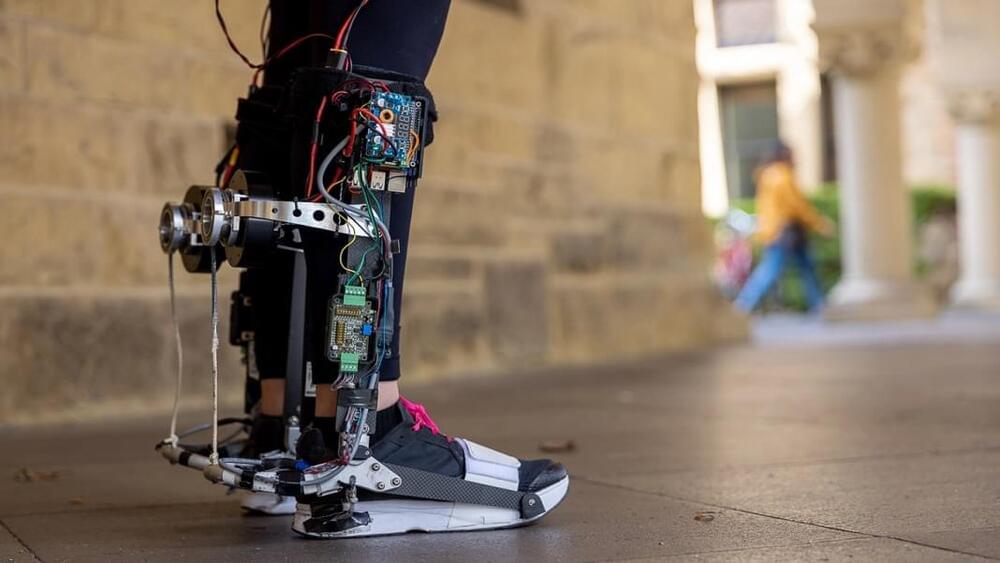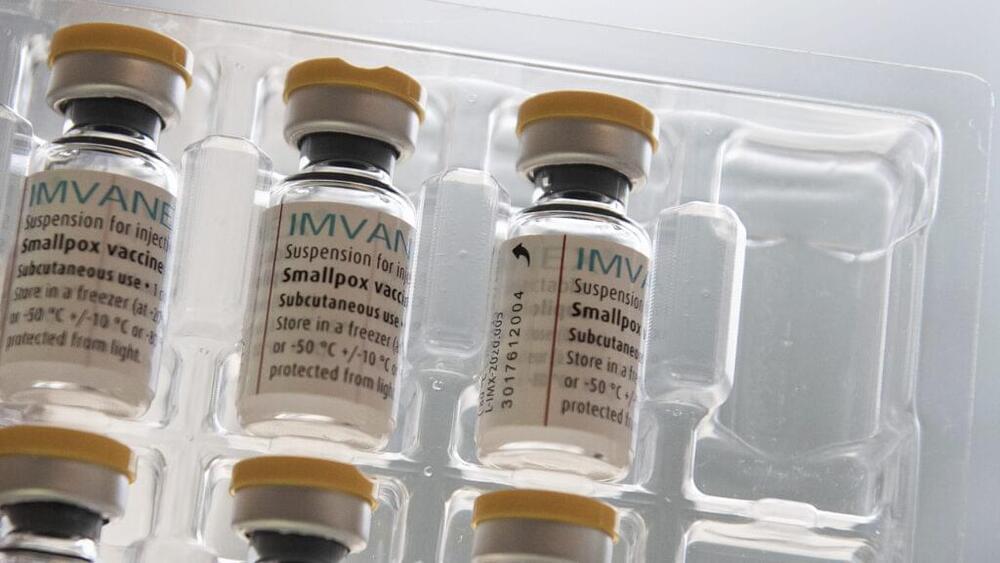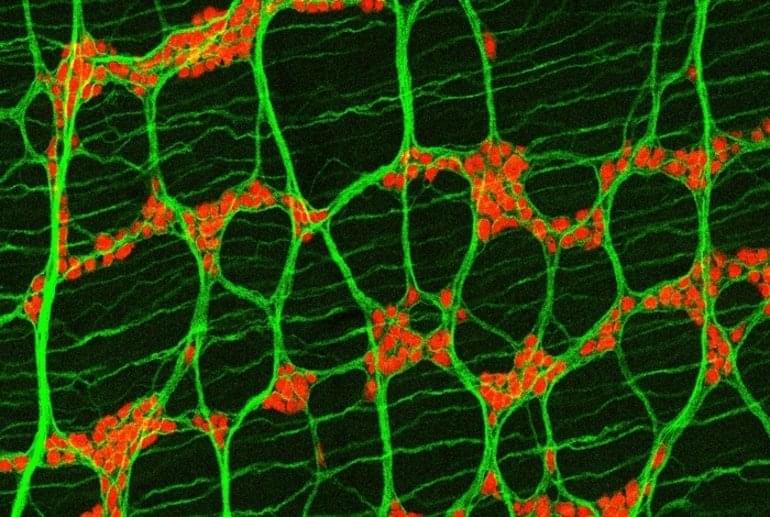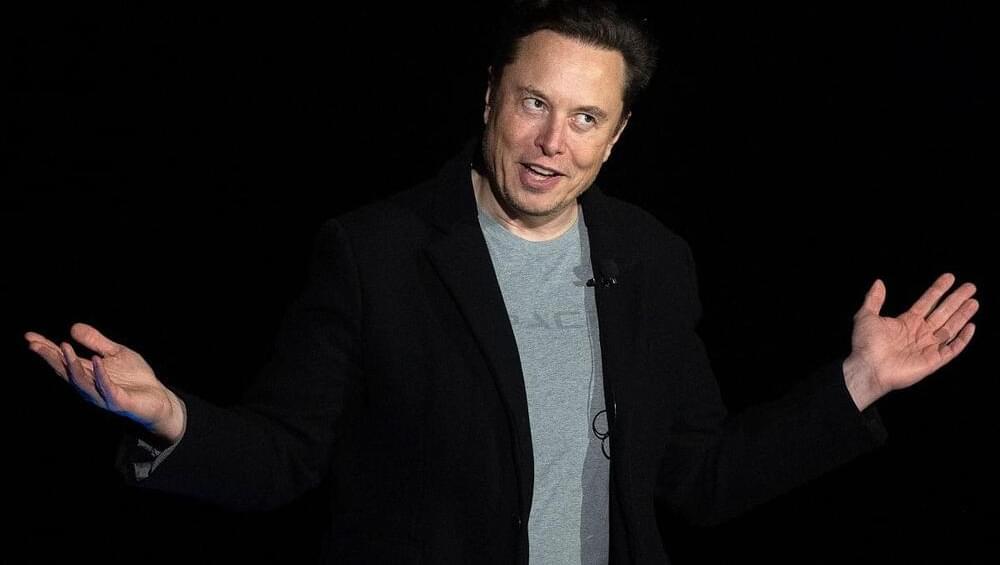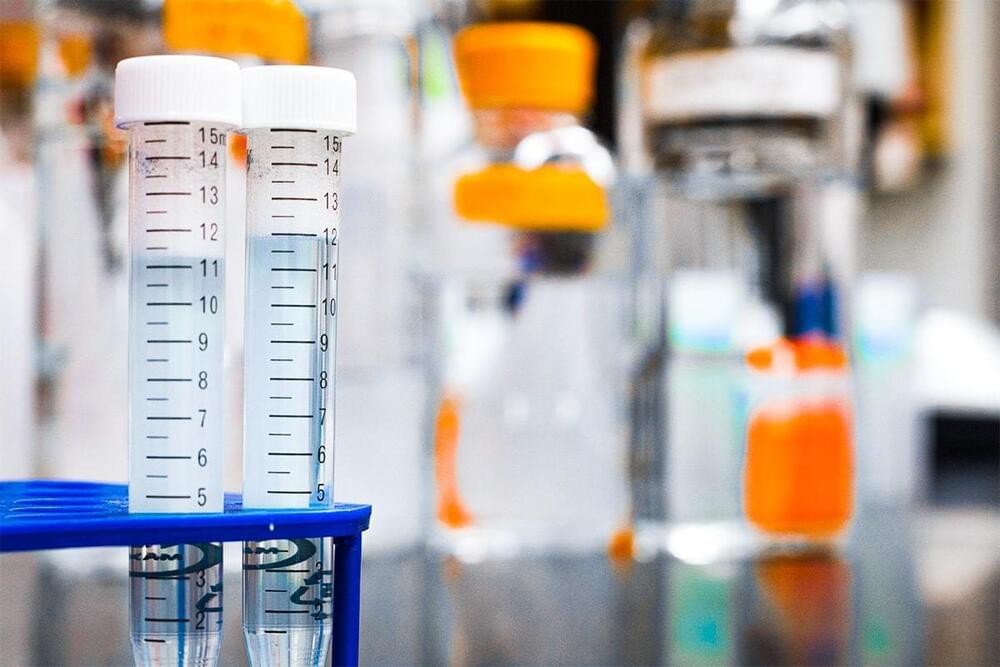
Alector, a clinical-stage biotechnology company pioneering immuno-neurology and innate immuno-oncology, has announced the initiation of the first-in-human Phase 1 trial of AL044. The study is investigating the safety profile, pharmacokinetics (PK), pharmacodynamics (PD) and target engagement of AL044 in healthy adults.
Longevity. Technology: Headquartered in South San Francisco, California, Alector is aiming to develop an unmatched pipeline of novel potential medicines based on insights into immunology, neurology and human genetics. The company’s therapeutic candidates are intended to harness the body’s innate power to heal itself, and Alector is pioneering immuno-neurology, a novel therapeutic approach for the treatment of neurodegenerative diseases, and innate immuno-oncology.
Immuno-neurology targets immune dysfunction as a root cause of multiple pathologies that are drivers of degenerative brain disorders. Alector has discovered, and is developing, a broad portfolio of innate immune system programs, designed to functionally repair genetic mutations that cause dysfunction of the brain’s immune system and enable rejuvenated immune cells to counteract emerging brain pathologies. Alector’s immuno-neurology product candidates are supported by biomarkers and target genetically defined patient populations in frontotemporal dementia and Alzheimer’s disease.
